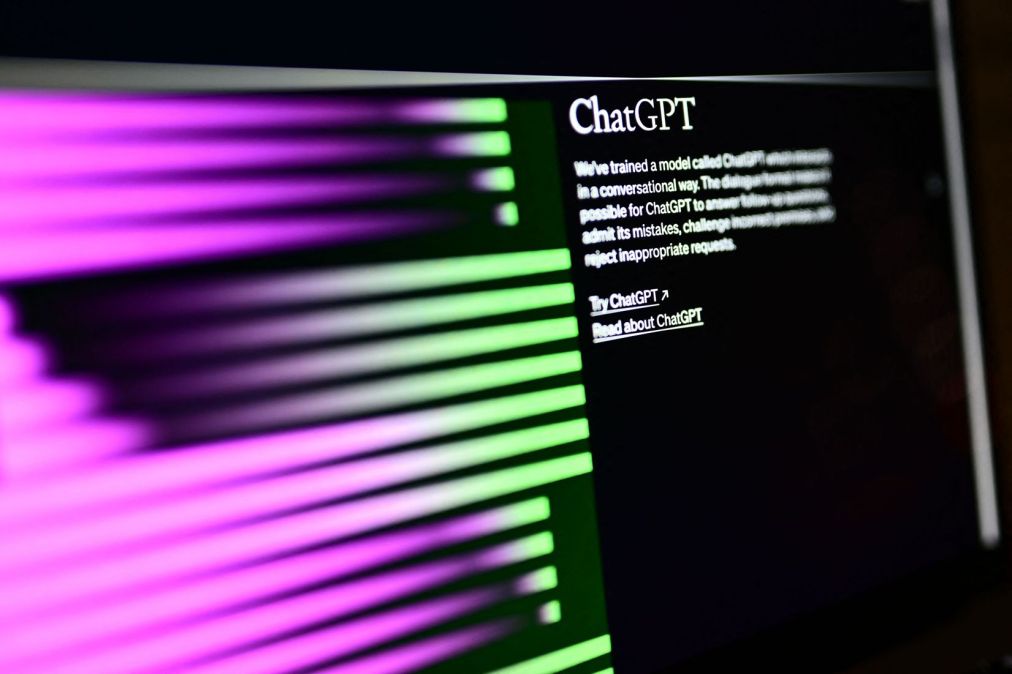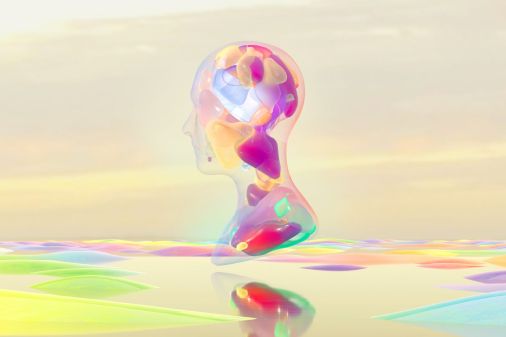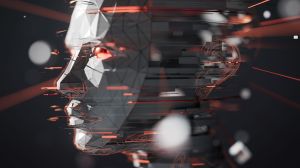UNESCO urges governments to regulate generative AI in schools

As students all over the world return to school after the summer break, the United Nations Educational, Scientific and Cultural Organization on Thursday issued its first public guidance on generative artificial intelligence, urging government agencies to address the disruptions caused by the technology in schools.
The new guide advises governments to regulate the use of generative AI in education through policies that protect data privacy and establish limits for users under the age of 13. It also seeks protections for the rights of teachers and researchers, stressing the need for government-sanctioned AI curricula and administrative training for school education.
According to UNESCO’s 48-page guide, “The absence of national regulations on GenAI in most countries leaves the data privacy of users unprotected and educational institutions largely unprepared to validate the tools.”
This past June UNESCO warned that generative AI was being rolled out in schools too quickly, with a lack of public scrutiny, checks, or regulations at the national level.
China has formulated rules for AI use and the European Union’s AI Act is up for approval later this year. Prominent AI companies have meanwhile pushed back against the EU regulation, saying such strict laws could stifle the tech’s development.
Other countries remain far behind in drafting their own AI laws.
“Generative AI can be a tremendous opportunity for human development, but it can also cause harm and prejudice. It cannot be integrated into education without public engagement, and the necessary safeguards and regulations from governments,” UNESCO Executive Director Audrey Azoulay said on the guide’s publishing.
The most prominent generative AI model, OpenAI’s ChatGPT, launched last November, soon becoming the fastest growing app in history. Many other companies have followed suit, including Google, which develops a productivity tool relying on a large language model called Bard, and Microsoft Bing Chat, an AI-powered version of its search engine.
Students and teachers have widely adopted generative AI programs, which can create anything from essays to mathematical calculations with just a few lines of prompts. However, a recent UNESCO global survey of more than 450 schools and universities showed that less than 10% had institutional policies or formal guidance regarding the use of generative AI.
Generative AI is raising concerns about the potential for misuse and abuse, including in academic settings. ChatGPT and other AI-based writing applications have been used to write academic papers, while image generators like Dall-E have been accused of copyright infringement as well as violations of personal data and privacy rights.
UNESCO’s guide warns that if publicly available AI tools continue to emerge at a faster pace than regulatory frameworks can match, it will leave schools around the world vulnerable to potentially lasting impacts on education and research and worsen the already widening digital data divide.
“This UNESCO Guidance will help policymakers and teachers best navigate the potential of AI for the primary interest of learners,” Azoulay said.





